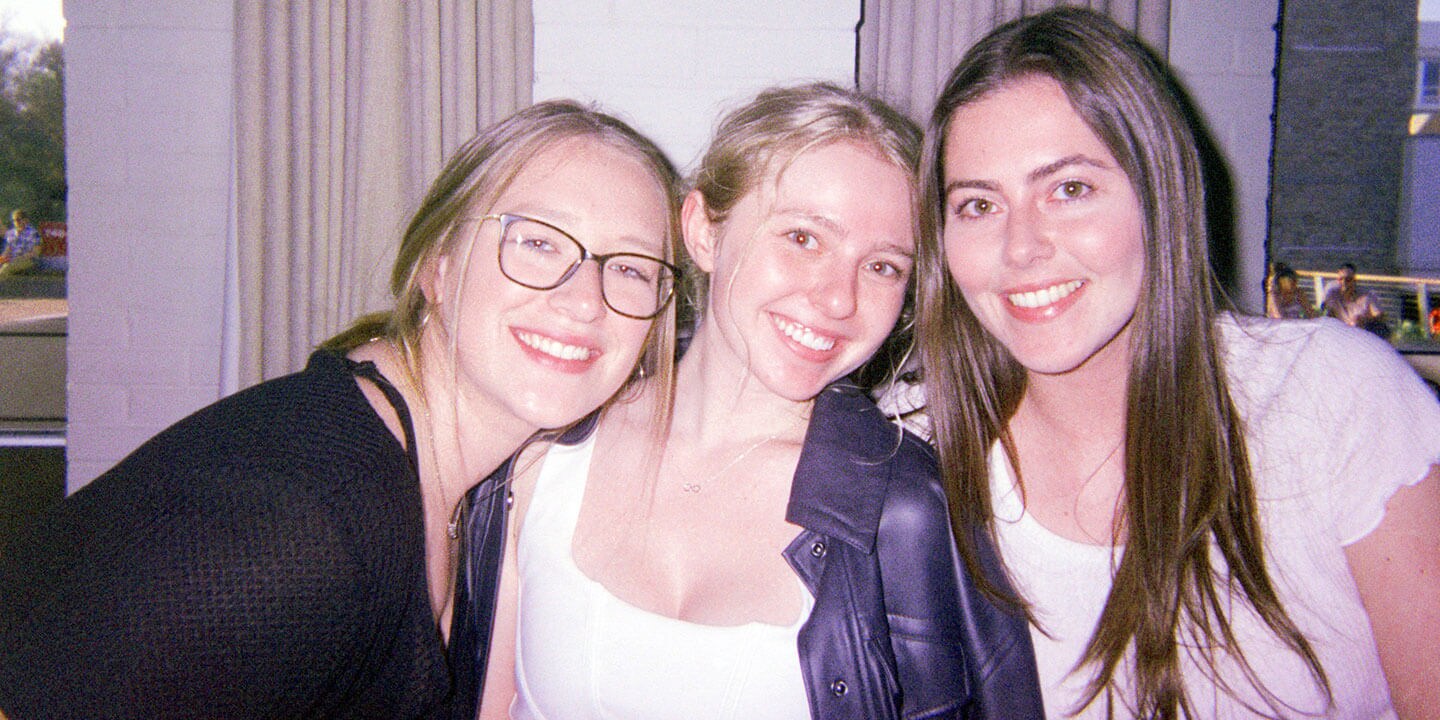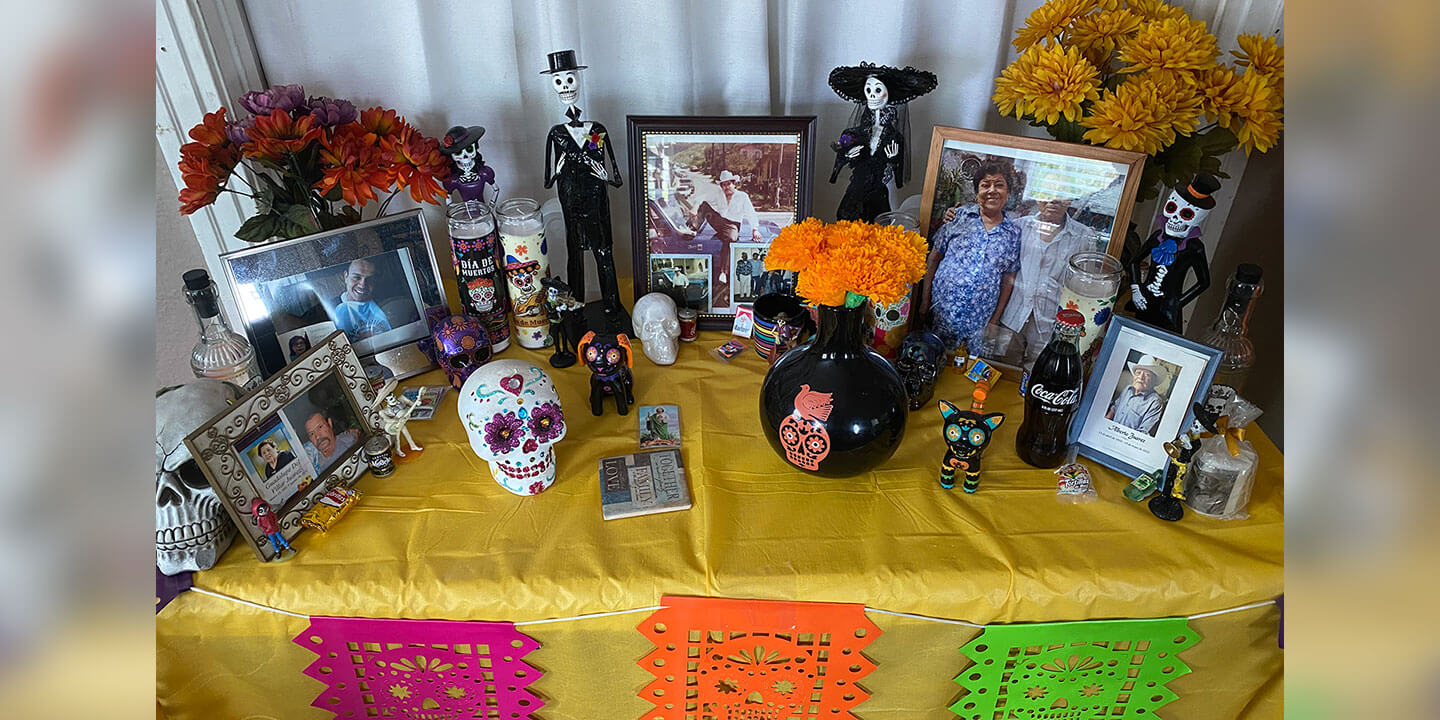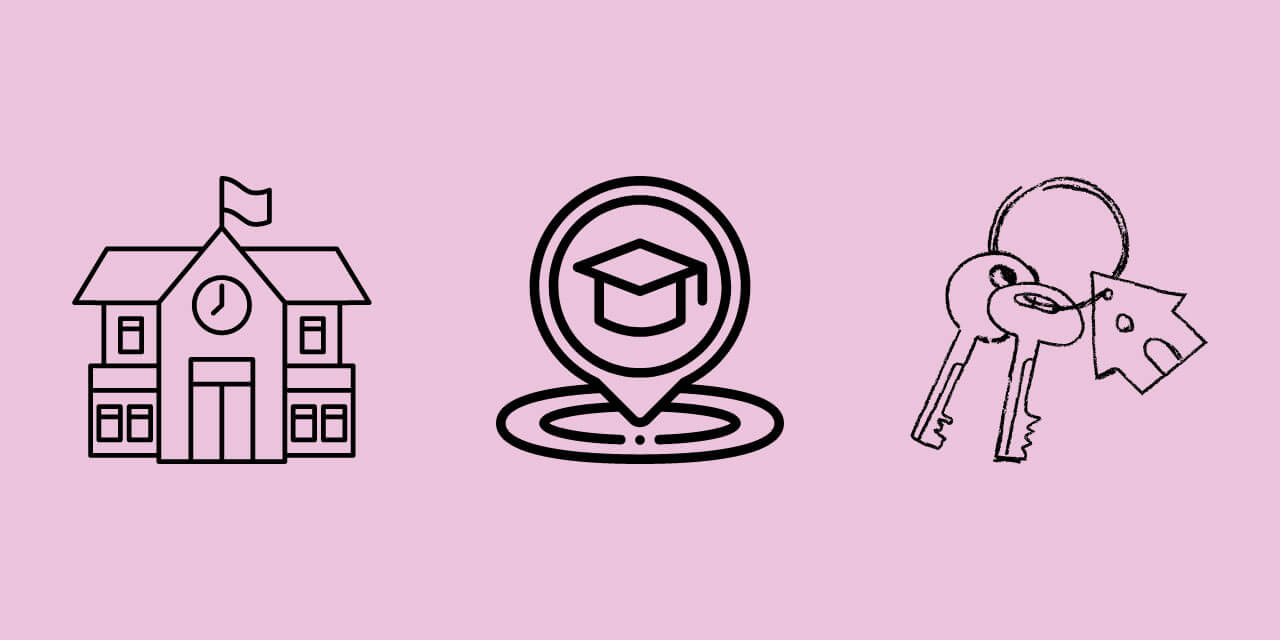
Navigating the Transition: How to prepare for life after college
What an exciting feeling it is - tossing your cap into the air as everything you’ve worked for your whole life feels like it’s starting to pay off. You sit at your graduation ceremony accompanied by a mix of excitement and uncertainty that will follow you into the next phase of your journey: life after college. Graduation marks the end of an era and the beginning of a new one filled with opportunities, challenges, and endless possibilities. However, navigating this transition requires extreme preparation and foresight.
First and foremost, it's essential to reflect on things in which you are passionate about, and values that you hold. Take the time to explore different career paths and industries that align with your interests. Whether you're passionate about technology, healthcare, or the arts, identifying your professional aspirations will serve as a compass to guide your post-college endeavors.
If there is one thing I have learned in college, it is that networking is an invaluable asset as you transition into the workforce, and also many other things in life. Attend career fairs, alumni events, and industry conferences to connect with professionals in your field of interest when they are available to you. Building relationships with mentors and peers can provide valuable insights, guidance, and even job opportunities down the line. It is important to remember that networking is not just about exchanging business cards; it's about fostering genuine connections and nurturing professional relationships.
While academics may have been the primary focus during your college years, don't underestimate the importance of developing essential life skills. Skills such as financial literacy, communication, and time management will empower you to thrive in many aspects of your life.
Furthermore, consider pursuing internships, part-time jobs, or volunteer opportunities to gain real-world experience and expand your skill set. These experiences not only enhance your resume but also offer valuable insights into your chosen field and help you build a professional portfolio. This can be handy if you ever decide to try different positions in your field or want promotions; you’ll have the experience to back up your qualifications to take on the role.
As you embark on this new chapter, embrace a mindset of growth and be open to learning and adapting along the way, as life after college is a journey filled with twists and turns, successes, and setbacks. Embrace the challenges, celebrate the victories, and never lose sight of your dreams. These are what pushed you to get through school, after all.
In conclusion, preparing for life after college is about so much more than securing a job; it's about starting your personalized journey of self-discovery, personal growth, and professional development. By reflecting on your goals, networking, developing essential skills, and embracing a growth mindset, you will have plenty of experience and ability to navigate the transition and embark on a fulfilling and rewarding career path.
Do you have a compelling story or student success tips you’d like to see published on the Pearson Students blog? If you are a college student and interested in writing for us – click here to pitch your idea and get started!







